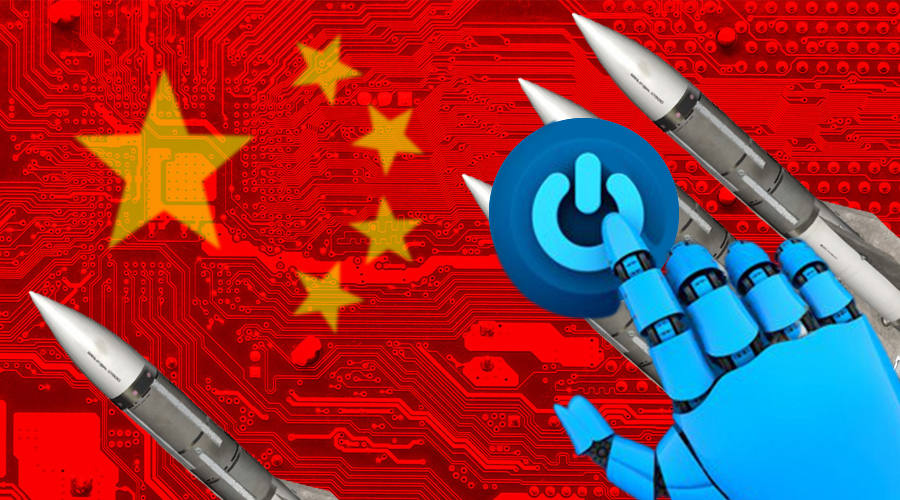According to a military expert, China is turning to artificial intelligence (AI) to enhance the accuracy and range of its artillery, aiming to reduce warfare costs by improving navigation and in-flight automation.

Matt McInnis, a senior fellow for the Institute for the Study of War, explained that China’s utilization of AI in artillery goes beyond mere observation, allowing for more precise forecasting and anticipation of various operating environments, such as weather or enemy fire. “[It’s important] not just to observe, but also to forecast conditions in a much more precise way with the types of data that they could ingest and exploit enabled by artificial intelligence,” McInnis said. He also highlighted AI’s capacity to adapt to complex or changing weather conditions, stating that it aids in “greater precision” and that claims about extended trajectories are “certainly feasible.”

China’s investment in AI extends beyond military applications, encompassing sectors like manufacturing and construction. However, the People’s Liberation Army’s recent advancements have demonstrated substantial success in improving artillery performance with AI technology. As reported by the South China Morning Post, scientists conducted multiple tests in various conditions in 2022, proving the ability to hit human-sized targets nearly 10 miles away, exceeding expectations of current large weapons in service. “Certainly, the accuracy is pretty clear how AI can aid with that,” McInnis affirmed.

Collaborating with experts in the Beijing-based China-United Arab Emirates Belt and Road lab, Chinese scientists are pursuing innovations that can minimize the arms used in assaults, thus enhancing the efficiency of its forces. The US is also working towards similar goals.

McInnis warned of the potential risks of relying too heavily on AI, particularly in decision-making processes, and the associated technical and ethical problems. He concluded, “There’s a huge debate about whether they’re going to still keep a person in the loop in decision-making or whether they’re going to take greater risks with AI to allow for autonomous targeting and all the technical and ethical problems that that’s going to bring for the Chinese, certainly on the accuracy, certainly on the speed of decision-making and employment of weapons, and then potentially also on the distance and range of weapons.”






